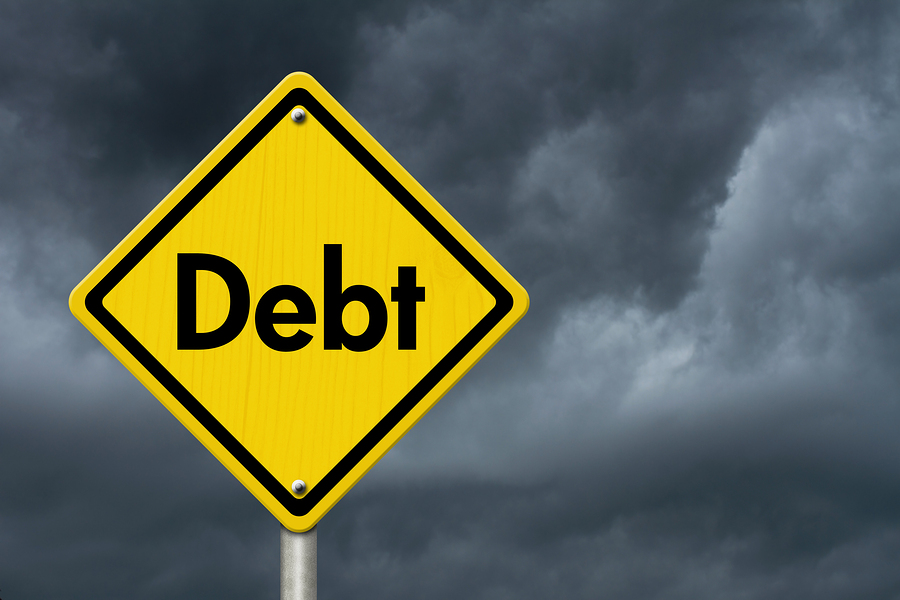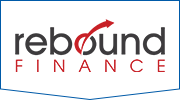Qualifying for Debt Management

When struggling with debt, there are several solutions that you can choose from. The most common options are, debt management programs, debt settlement, debt consolidation, and under extreme circumstances, you can file for bankruptcy. So, how do you know which method is best suited to your needs?
Interestest in reading more about your debt solution options? Click here.
How to Determine Which Path to Take
There are two key factors to be considered when determining which debt solution is best for you to regain control of your financial situation. The first element taken into account is your personal credit rating, and the second is your current financial state. With a favorable credit score and stable finances, you’ll be able to consolidate debt by yourself or liquidate some of your assets.
However, if you have a low credit score, you will not qualify for consolidation on your own, or get a fair interest rate. You can even intensify your debt issues. In you’re in this situation, you should seek help. If you’re unable to consolidate your debts yourself using a debt consolidation loan, a professional will be able to help you enter a debt management program (DMP). This is where you’ll be provided with the support you need to finally conquer your debt.
Seek The Professional Help You Need
If you’re worried about your increasing debt, don’t panic. You can get an expert’s advice free-of-charge, so you won’t have to gamble on your financial future.
There are several non-profit, credit counseling agencies that give free consultations. They’ll evaluate your debts, discuss potential solutions, and help determine which option is best for your financial situation. With the help of a certified credit counselor, you will be given the proper support.
Fact: A reputable credit counselor could potentially help you consolidate upwards of $100,000 worth of debt.
Even if you choose another option, this explains why contacting a credit counselor for advice can be beneficial, and easier than trying to manage debt on your own. The information listed below will help you “pre-qualify” yourself. We also recommend that you consider asking a credit counselor for a second opinion to ensure that you’ve made the correct choice for your financial situation.
What can I consolidate with a debt management program?
The following debts can be consolidated. Note that any debts in charge-off status cannot be consolidated, regardless of whether they fit into one of the categories below.
- Auto repossession (when your car is taken away, but you still owe money)
- Apartment leases (if you do not live there anymore)
- Credit cards
- Credit union unsecured loans and credit cards
- Gas cards
- Medical bills already in collections
- Mortgage “short pay” balances (when you’ve lost your home, but still owe money)
- Non-government insured student loan
- Past-due cell phone/utility bills (if you no longer use the service)
- Retail store cards
- Unsecured personal loans (loans with no collateral)
What can’t I consolidate with a debt management program?
The debts below cannot be consolidated, even with a debt management program.
- Attorney fees
- A second/third mortgage, or home equity line of credit
- Any type of Sallie Mae account
- Bank overdraft fees
- Bank taxes
- Car repair bills
- Casino debt
- Criminal fines and penalties
- Current mortgage
- Court-ordered garnishments or judgments
- Court-ordered child support or alimony
- Current provider cell phone or utility bills
- Federal/government-backed student loans
- Motorcycle
- Military star cards
- Rent-to-own accounts
- Standard PayPal accounts
- Secured lines of credit
- Secured loans
- Timeshares
Keep in mind, that if you are currently having difficulty with any of the debts mentioned above, there are other solutions available. Student loans have a single consolidation program, as well as federal and state tax debt.
You may encounter debts that can’t be consolidated, like unpaid child support. If so, don’t worry. It’s possible to get some of your other debts consolidated and settled, which will increase your finances so you can pay off those other debts, that couldn’t be consolidated, yourself.
This is why financial problems must be taken care of in an organized and timely fashion. Sometimes, you need to consolidate certain debts in order to pay off others that can’t be consolidated. Prioritizing your financial issues, and managing your debts one at a time will help you achieve a debt-free life.



